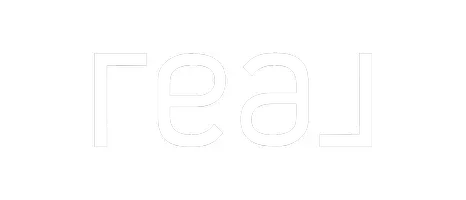What Counts As Income When Applying For A Mortgage Loan?
When it comes to applying for a loan, especially for purchasing real estate, understanding what counts as income is crucial. Lenders scrutinize your income sources to determine your ability to repay the loan. For buyers and investors alike, it's important to know which types of income are considered valid and which are not.
Firstly, traditional employment income is one of the most straightforward sources that lenders look at. If you are an employee receiving a regular paycheck, your W-2 forms will be essential. These forms show your annual earnings and are issued by your employer each year. They provide a clear picture of your salary and any bonuses or commissions you might have received. Lenders rely heavily on this documentation because it comes directly from an employer and is reported to the IRS, ensuring its accuracy.
For those who are self-employed or work as independent contractors, income verification can be slightly more complex but is equally valid. In this case, you'll need to provide your 1099 forms. These forms report various types of income other than wages, salaries, and tips. They are used by freelancers, consultants, and small business owners who receive payments directly from clients rather than through a traditional payroll system. Just like W-2 forms, 1099s are reported to the IRS and thus carry significant weight in the eyes of lenders.
Investment withdrawals also play a critical role in demonstrating income when applying for a loan. If you regularly withdraw funds from investments such as stocks, bonds, or retirement accounts, these withdrawals can be considered part of your income stream—as long as they are reported to the IRS. This type of income can be particularly beneficial for investors who may not have a steady paycheck but have substantial assets that they can liquidate or draw from as needed.
On the flip side, certain types of income do not count when applying for a loan. Unreported tips fall into this category. While tips can make up a significant portion of income for individuals in certain industries like hospitality or food service, if they are not reported to the IRS, lenders will not consider them as part of your verifiable income. This underscores the importance of accurately reporting all earnings.
Similarly, gifts do not qualify as legitimate income when you're applying for a loan. Even if you receive substantial financial gifts from family members or friends, these cannot be counted towards your income because they do not represent earned money and are not subject to taxation by the IRS.
Understanding these distinctions is vital whether you're buying your first home or investing in additional properties. Having a clear record of all taxable income sources will make the loan application process smoother and increase your chances of approval. Remember to keep thorough documentation and report all earnings accurately to ensure that you present the strongest possible financial profile to potential lenders.
In summary, when applying for a loan, W-2 wages from traditional employment and 1099 earnings from self-employment or contract work count as valid income sources—as long as they are reported to the IRS. Investment withdrawals also qualify if properly documented and reported. However, unreported tips and financial gifts do not count towards your verifiable income. By understanding these guidelines and maintaining accurate records, you’ll be better prepared to secure financing for your real estate endeavors.
Recent Posts











